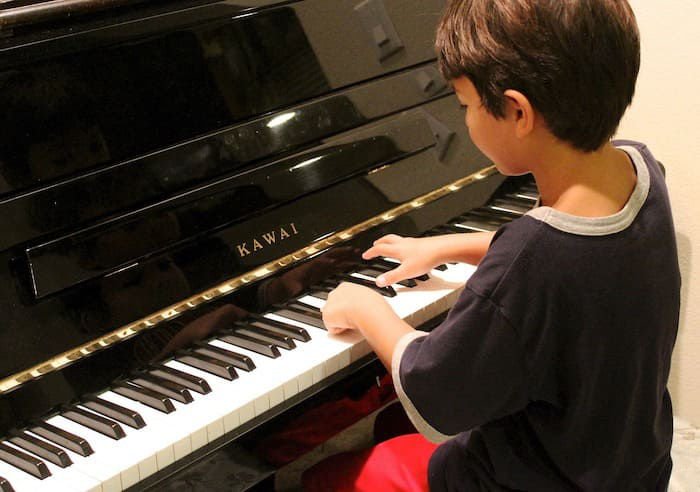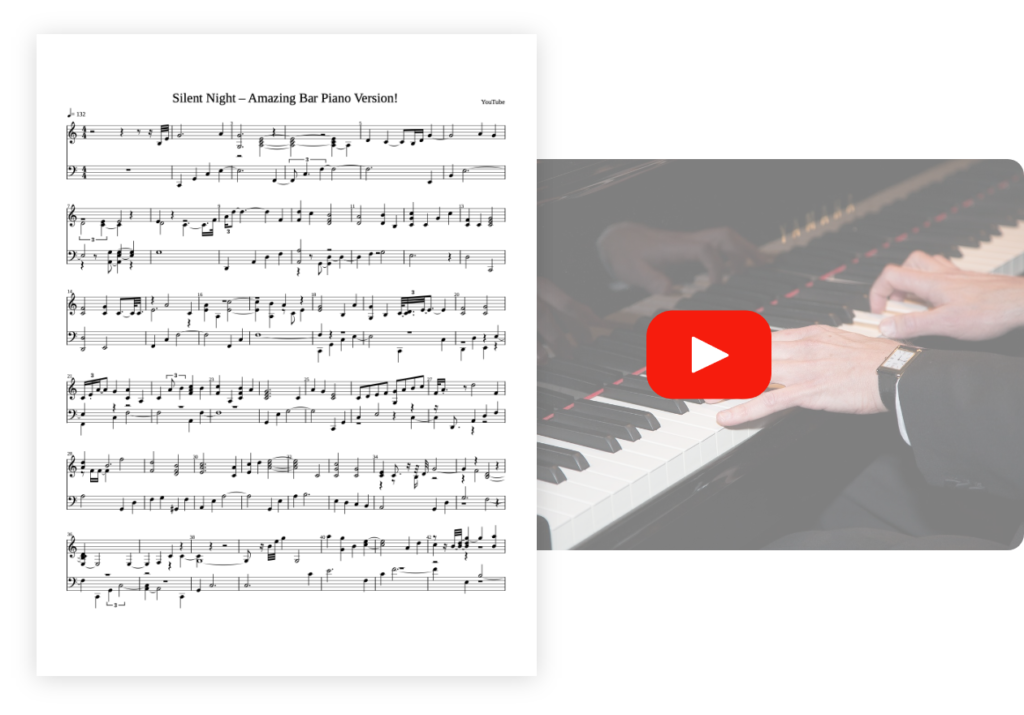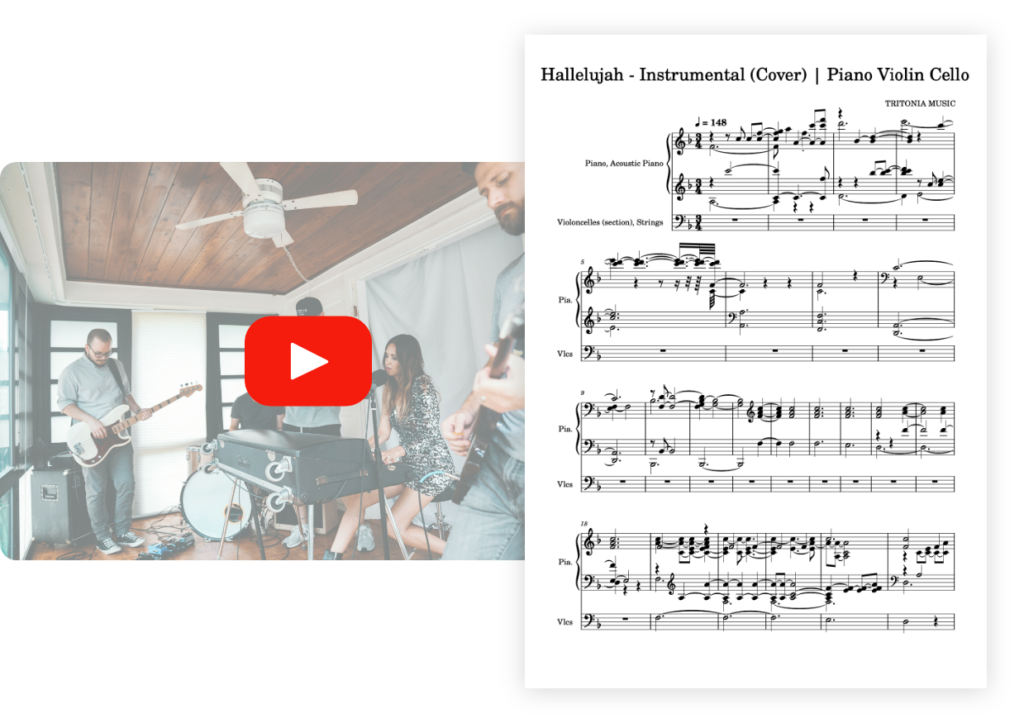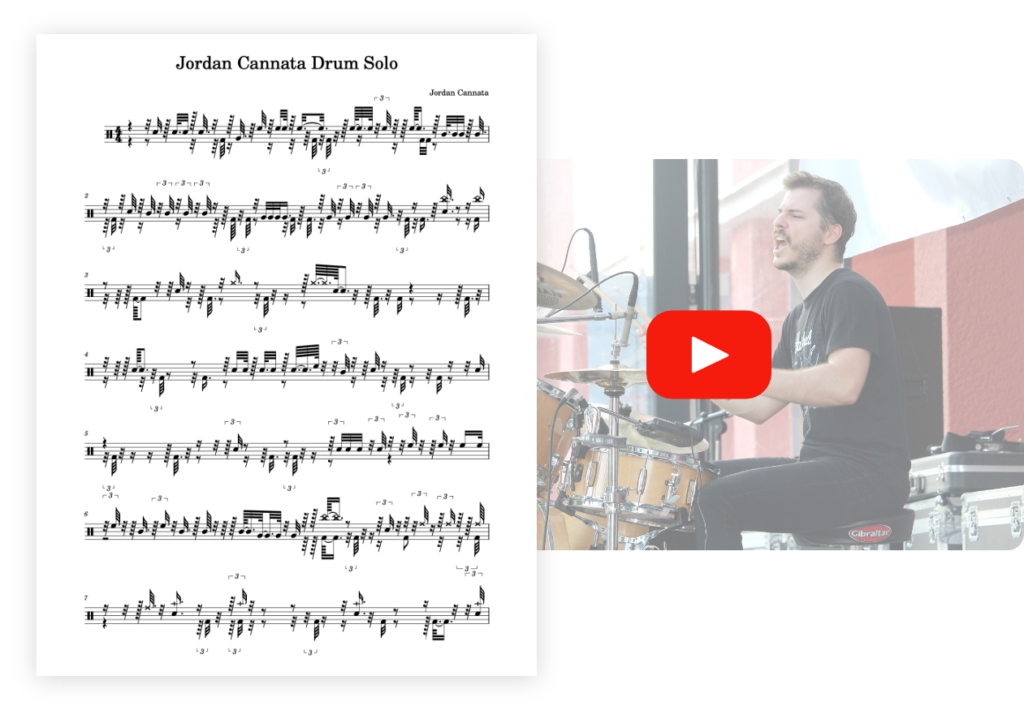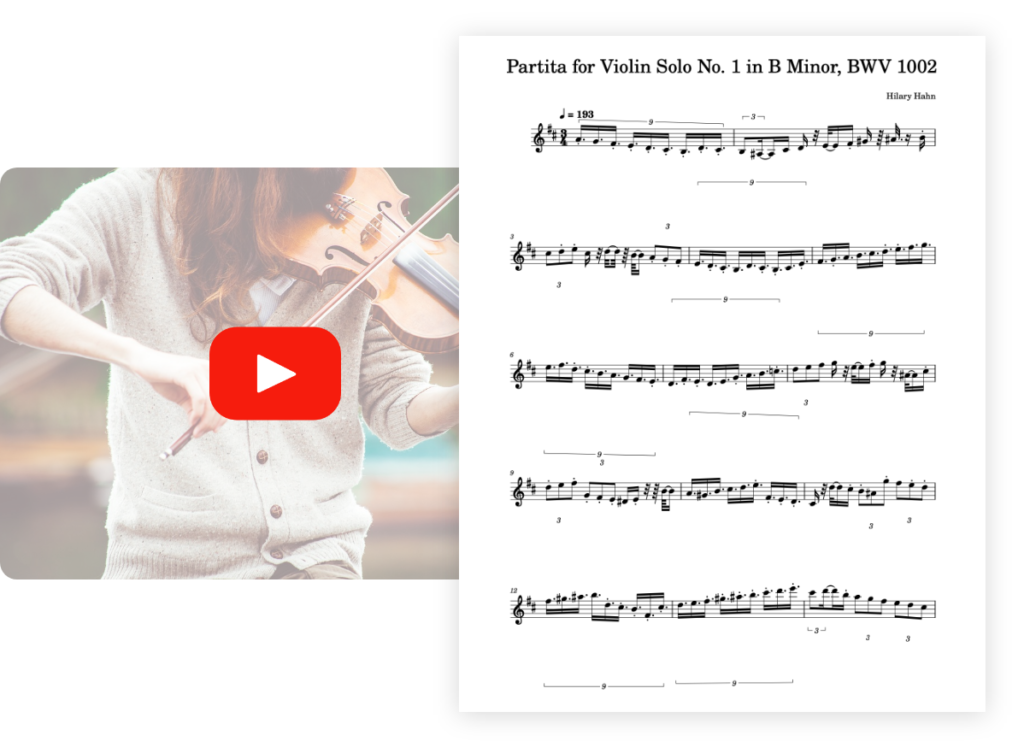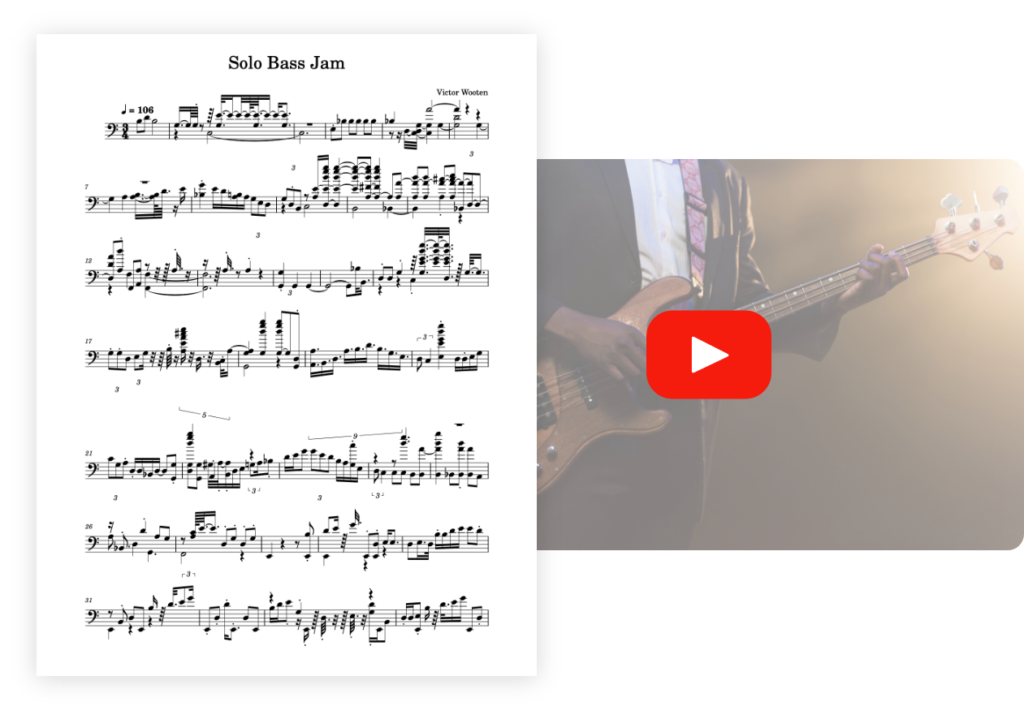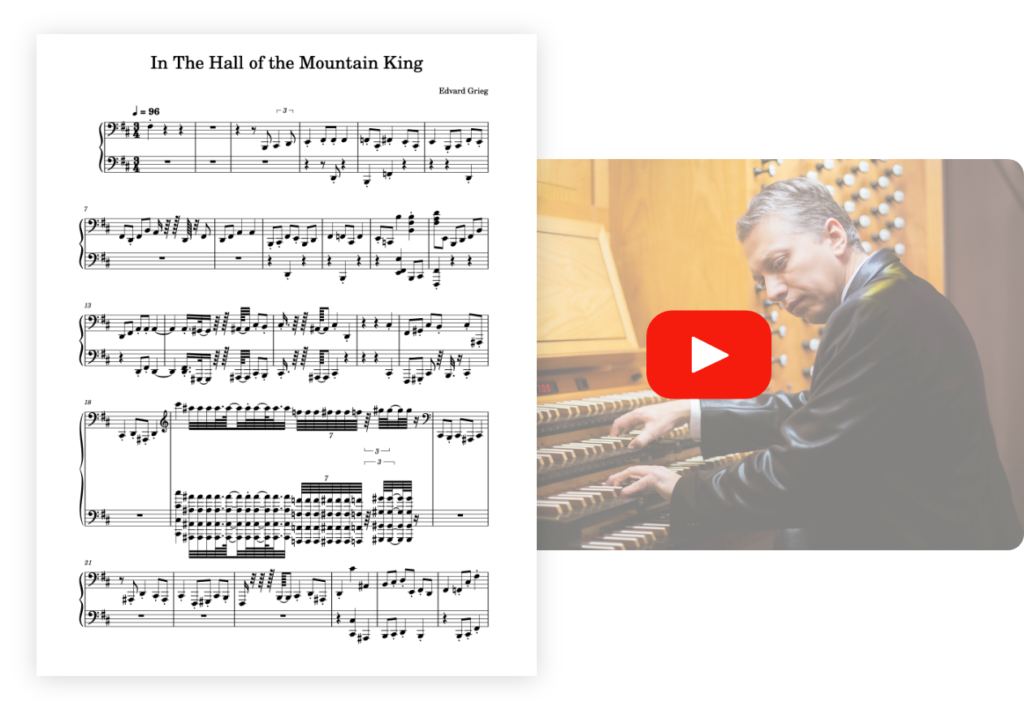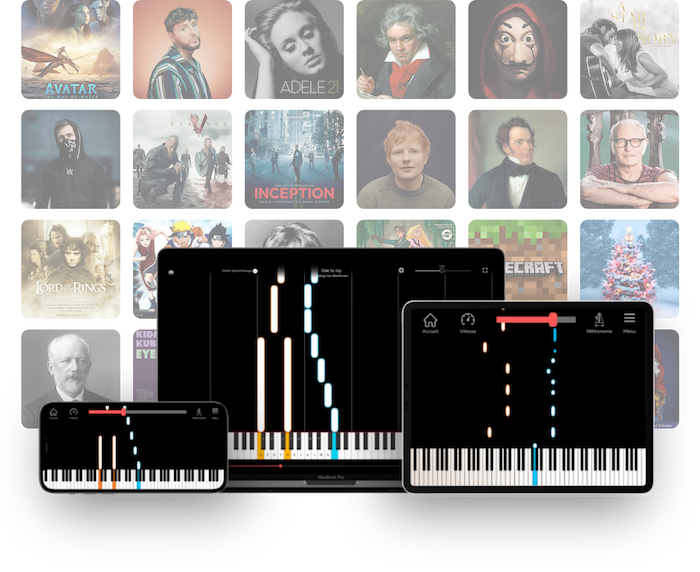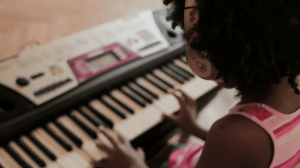The beneficial effects of music proven by scientific research
Scientific research has been conducted to validate the theory of develop the brain and memory through music, and the study by the Northwestern University School of Communication in Chicago, published in 2016, further reinforced this belief. Thus, musical learning would have an impact on the neurobiological evolution in children’s brains.
“Our observations show that music learning can literally reshape a child’s brain to improve sound reception, which automatically improves learning and language acquisition skills,” notes Nina Kraus, a professor of communication science.
Her findings were made possible through the field study she conducted as part of the Harmony Project music awareness project. Since 2001, this program has provided children from sensitive areas of Los Angeles with high quality music instruction and social support, year-round and free of charge. As Margaret Martin, founder of the music education program, points out, Harmony Project participants often come from families ravaged by violence, crime or drugs. The project offers them the opportunity not only to learn about a musical instrument but also to participate in a collective work, to express themselves differently and to surpass themselves. After observing her students at length, Margaret Martin came up with a significant result: “Since 2008, 93% of young people who have been part of the Harmony Project have successfully completed their school careers and enrolled in university, despite the fact that the school failure rate is over 50% in their neighbourhoods. »

The impact of musical learning on academic success
Obviously, the conclusion issued by the founder reveals a significant impact of musical practice on the academic (but also social) success of students. This is certainly suspected by Professor Nina Kraus, who has been able to monitor the neurobiological evolution of children subjected to musical learning for at least two years as part of this program. According to her, language and music work on similar cognitive parameters (duration, timbre and height), which means almost equivalent brain treatment. Thus, the child who learns frequently the workings of music will be stimulated and therefore better able to process these 3 parameters quickly. Professor Kraus concludes by explaining:
“We used rapid but powerful neurological tests that allowed us to evaluate the neurological treatment of stimuli with new precision. We found that changes in the brain occur after two years of musical learning. This proves that music education cannot be accelerated, but if it is an integral part of general education, it can have a lasting and very beneficial impact on listening and learning skills.”
The study therefore raises questions about the importance of musical learning from an early age. The conclusions of the study reveal that it would be wise to give a more consistent place to music learning in the school lives of young students.
This is why La Touche Musicale works to establish musical practice in schools: from an early age, it is a question of integrating the musical learning process into the centre of students’ daily lives. In this way, they will not only be made aware of the practice of music, but also stimulated by the brain functions it mobilizes.




 PianoConvert
PianoConvert
 GuitarConvert
GuitarConvert
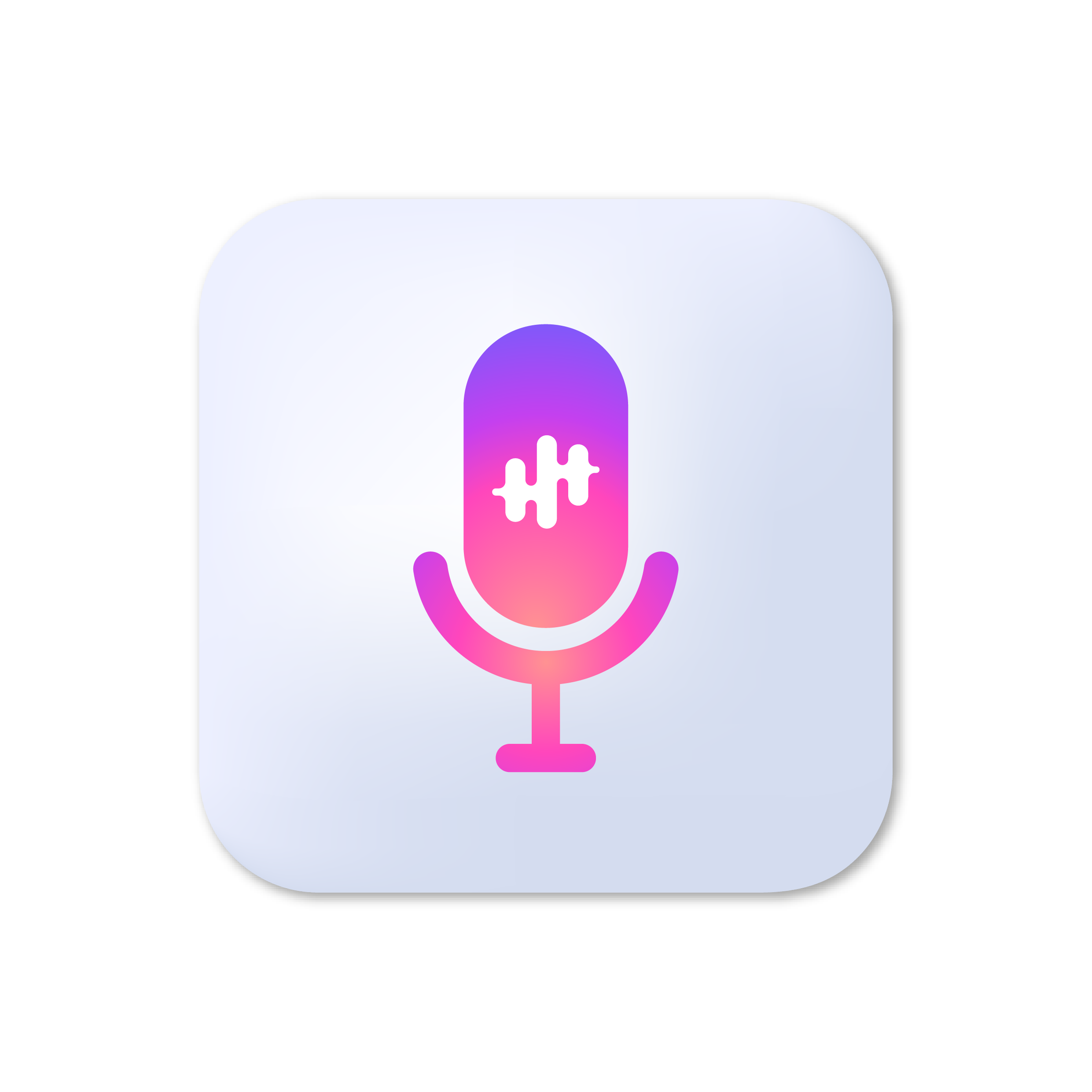 SingConvert
SingConvert
 BandConvert
BandConvert
 DrumConvert
DrumConvert
 ViolinConvert
ViolinConvert
 SaxConvert
SaxConvert
 FluteConvert
FluteConvert
 BassConvert
BassConvert
 TrumpetConvert
TrumpetConvert
 OrganConvert
OrganConvert
 PianoGo
PianoGo
